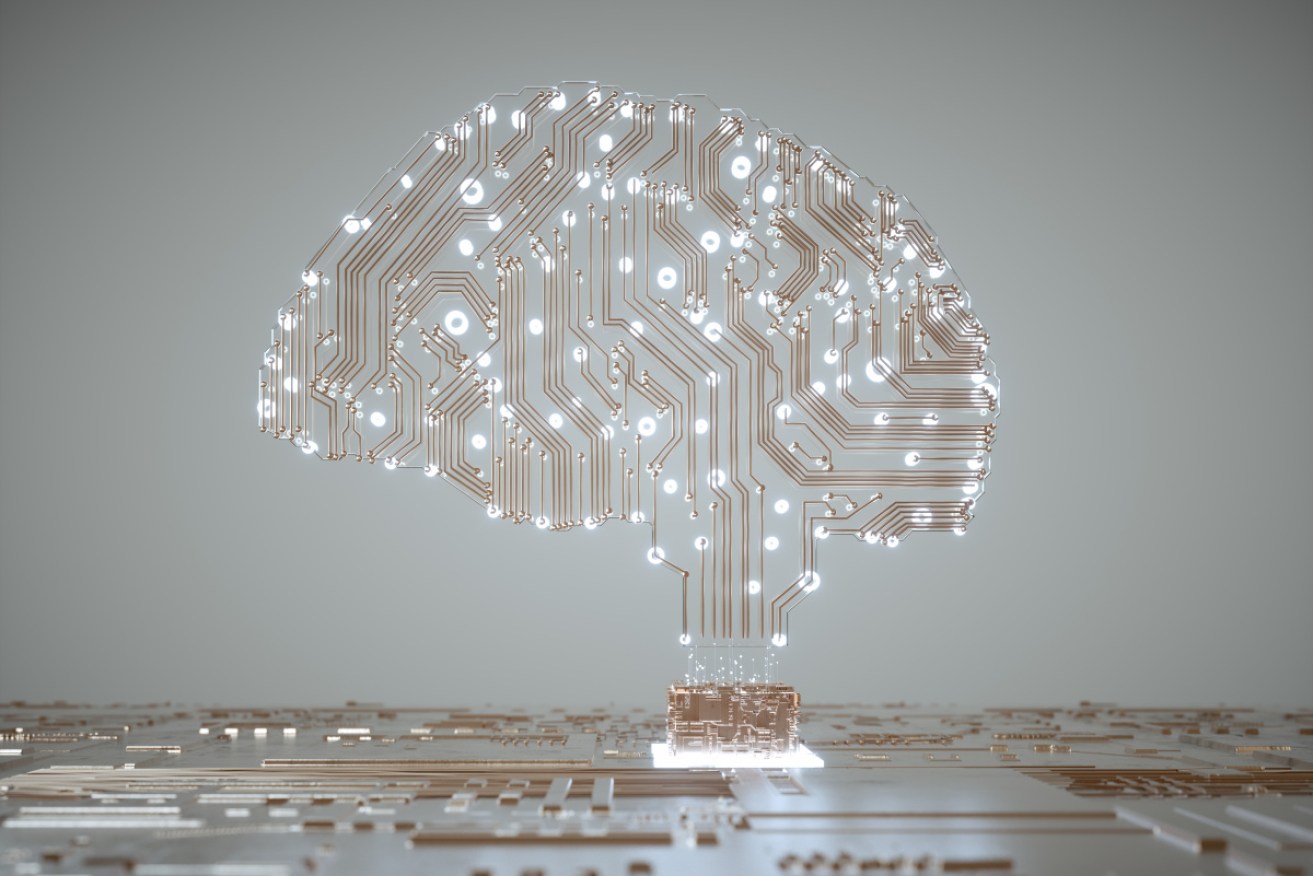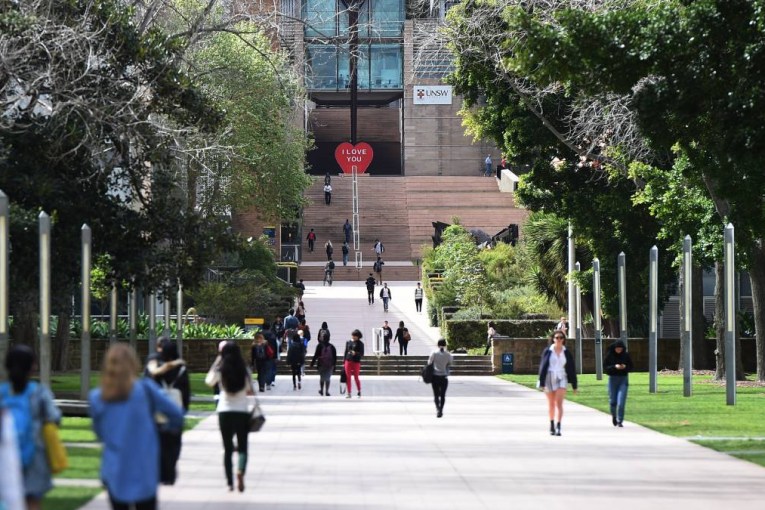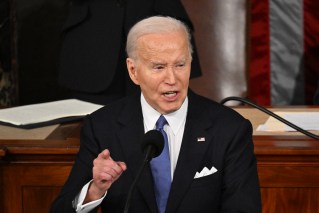How artificial intelligence is transforming medical treatment


There are challenges facing any government trying to regulate the use of AI. Photo: Getty
Artificial intelligence is giving medical professionals the ability to create a digital replica of patients, allowing doctors to predict how effective surgery will be.
Australia’s peak science agency CSIRO is developing AI-powered tools to diagnose mental health disorders more accurately and safeguard patients’ genetic data in DNA testing.
Northeast Health Wangaratta is already using AI to stop cyber attacks.
Using its public hospital in regional Victoria, Northeast Health Wangaratta is investigating the use of AI to create a digital replica of its patients.
Doctors then use the replica to trial treatment.
It is also just months away from introducing an AI application that analyses a patient’s medical history and builds a profile that provides clinicians with additional information once patients are admitted.
“If, for example, someone has an anomaly in the pathology results that may be linked to multiple diagnoses, it may take a doctor some time to put all that together,” chief information officer at Northeast Health Wangaratta Jorge Silveira said.
“The AI is there to support, and where applicable, bring it all together.”
A similar AI tool is being used in 150 GP practises and health care services across Australia to identify patients at risk of being admitted to hospital within 12 months.
Whenever Dr Sankalp Khanna stands in front of a room filled with medical professionals to talk about AI, he begins by pulling up an image of a killer robot from a Terminator movie.
“That’s the view a lot of people have of AI,” he told The New Daily.
Programming machines and computers to think like humans won’t translate into job cuts because AI systems are typically designed to help people working in the medical field, not replace them, said Dr Khanna, CSIRO’s Health Intelligence team leader.
He used a number pattern to explain AI in its most basic form.
“If I say look at two, four and six. What do you think the next number is in the sequence? Most people will say eight, but trying to get a computer to think like that is not the simplest thing,” Dr Khanna said.
Training AI in mental health

CSIRO’s Data61 is working on an AI tool that will prevent mental health misdiagnoses. Photo: Getty
CSIRO’s Dr Richard Nock leads a machine learning group – within the Data61 business unit – that is working with hospitals on developing an AI-powered computer program to test for mental illness.
Almost 60 per cent of people with bipolar disorder are misdiagnosed as having depression, meaning there is a “huge margin for improvement”, Dr Nock said.
He used an analogy to explain how the AI system would work.
“Say you have two slot machines and you need to figure out which is going to be the best machine to make the largest amount of money,” Dr Nock said.
“The AI looks at the way you interact with the two slot machines and would figure out via the strategy you are adopting, what is the mental health disorder you have if you have one.”
Patients would have similar tasks to complete and at the end, the machine would make a diagnosis based on the strategy used to complete the task.
Digital twins
Mr Silveira is part of a team that is assessing the costs and benefits of using virtual twins in the hospital.

Jorge Silveira said the digital twin will bridge the physical and virtual worlds. Photo: Jorge Silveira
American scientists recently used digital twin technology to understand what happens in a human upper airway when chemotherapy medicines are inhaled, as previous data revealed just 20 per cent of an aerosol-delivered drug reached a lung tumour.
By modelling what happens in a human lung, researchers improved the method to deliver more than 90 per cent of the drug.
Mr Silveira used an example of a heart surgery patient to explain how having a digital twin would be beneficial.
“If a procedure is done on a person’s digital twin, it is possible to predict to an extent how the heart would behave after surgery,” he said.
“That could directly translate to how it would behave in a real human.”








